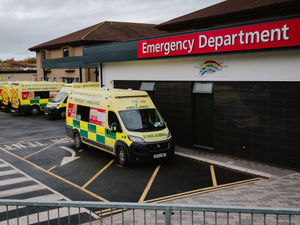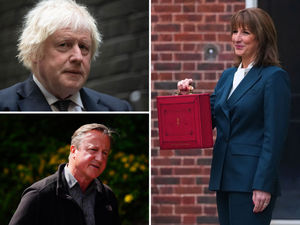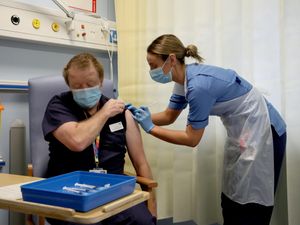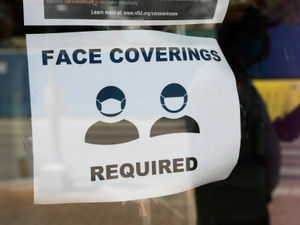Fuel crisis stopped health workers getting to dying patients
The fuel crisis left some health staff unable to get to patients, including those needing palliative care, a trust boss has said.
Over late September and early October petrol stations across the UK saw long queues as drivers attempted to fill up following reports of shortages.
Shropshire Community Health Trust Chief Executive Patricia Davies has now lifted the lid on the impact of the crisis, saying the resulting shortages left some of its workers stranded, which was “distressing” for them and their patients.
She told the board that the situation had impacted patients receiving palliative or non-elective care at home.
She added that waiting lists of elective surgery were unaffected by the fuel shortages.
Ms Davies was replying to a question from non-executive director Harmesh Darbhanga, who said: “The fuel crisis gave an indication of the challenges we as a health service can face.
“With winter coming up what, as a system, are we doing to get ourselves into a position where we are not faced with shortages and staff not being able to get around the county to do the job?”
Ms Davies: “We do have regular internal emergency planning meetings that link to the ICS [integrated care system] emergency planning.
“A couple of weeks ago, following media reports of potential fuel shortages, which were incorrect, lots of folk went out into their cars and decided to fill themselves up from being two thirds of a tank full to a tank full, and that generated an immediate pressure.
“We immediately mobilised our internal emergency planning officers with the rest of the system.
“There was an immediate ‘gold’ meeting of those and, on that particular point, the police felt we didn’t need, as a system, to put any emergency measures in.
“So there are links in to system emergency planning both as a result of Covid but also as a result of other issues that have been emerging. Those emergency planners meet on a regular basis and those meetings are stepped up to daily and hourly where it is required.”
She said she was confident “that we will get wind of an issue and be able to mobilise as much as possible”, but added that the trust “wasn’t anticipating, two weeks ago, to have to ring around and do radio interviews to ask people to be mindful of getting fuel”.
Ms Davies added: “We did have an impact that particular Friday and over that weekend of some of our staff physically not being able to get to patients, which was distressing for them as well as for patients.”
Mr Darbhanga asked whether the crisis had an impact on waiting lists and surgery cancellations. Ms Davies said it did not.
“It was more to do with the immediate treatment of patients who needed, because it was over a weekend, non-elective and palliative care and support at home”, she said.





